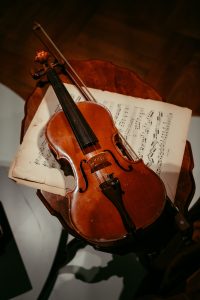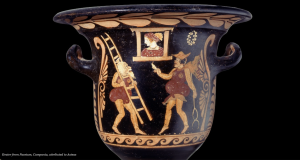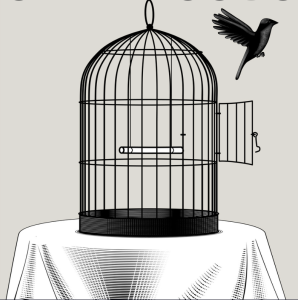“The compassionate heart finds not any comfort, but dreads an eternal separation”
She uses compassion to help ground her sense of self, but is ultimately left at the end of the text with “a void” (148) in her heart as she comes to the realisation that the comfort of compassion is ephemeral and fleeting.
Never Enough: Frantz Fanon and Identity
Whiteness as a social structure is perhaps the most pervasive descriptor of difference, being, and non-being. Structures of whiteness and being formally delimit the identities, bodies, and lives of non-white people.
There’s A Place For Us: Aromanticism and Amatonormativity in Jane Austen’s Emma
Reading Emma as aromantic thus codes her arc as that of a queer person who, through overcoming conflict and self-discovery, finds a place where she is loved without being forced to change her nature.
But We Sing it Anyway: Understanding female agency on a textual and metatextual level through Sappho’s fragments, Jane Austen’s Emma, and Anais Mitchell’s Hadestown
By examining Sappho’s fragments, Jane Austen’s Emma, and Anais Mitchell’s Hadestown, it becomes possible to understand more deeply women’s loss of agency and control, as well as their attempts at securing it.
Culture and Consumption: The Importance of Food within Typee and Unfamiliar Fishes
Food can be viewed as a necessity to keep humans alive, but it can also be viewed as an integral form of cultural expression, an indicator of economic values, and as a gateway to cultural destruction.
Stop Acting Like a Know-It-All
[…] society makes man ignorant through the means of power structures that declare moral values that dictate how one understands their moral self, ultimately proving that man does not know and will never know themselves completely.
Finding Liberation Amidst Laughter: The Misread Matrona in Plautus’ Amphitruo
As bright lights illuminate the stage of the Jericho Arts Center, an elderly woman wearing a pink dress and a pregnant belly emerges from the darkness. No laughter sounds from the audience.
Lower The Masks And Unlock The Cage Door
This paper will demonstrate how Laurence’s vast and encrypted themes within A Bird In The House dwindle down to a central idea, the symbolism that illuminates the confinement of gender based roles within Manawaka.
The Queering of the Self in Herman Melville’s Typee
In exploring homoeroticism and cultural deviance, the writings of Typee operate on the intersection of queer and colonial history […]
“Under the Veil,” into “Double-Consciousness”: W. E. B. Du Bois in Claudia Rankine’s Citizen: An American Lyric and Kendrick Lamar’s “u” and “i”
This essay focuses on how Rankine and Lamar play with the first and second-person perspectives, implicating their audiences in their works and revealing the associations implicit in their use.







